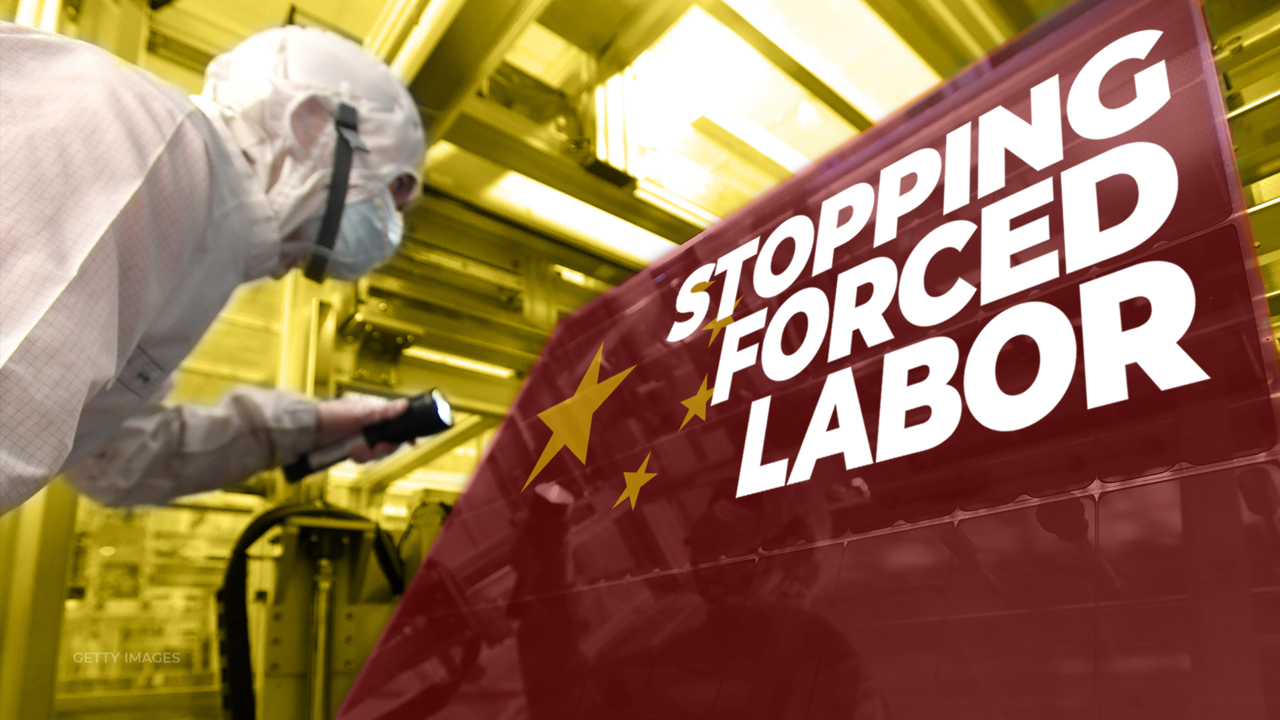
The United States is cracking down on forced labor in China. Customs is starting to deny entry to all products from the country’s Xinjiang region, which includes cotton, computer parts, tomatoes, shoes and more.
It’s because of a new bipartisan law that took effect June 21: the Uyghur Forced Labor Prevention Act. The law is a way for Congress to send a message to China that their treatment of Uyghur muslims and other minority groups by way of forced labor and arbitrary detention is unacceptable.
“We must take a clear moral position to stand with those suffering from forced labor and not with the Chinese Government, the IOC, and the big corporations who profit off the exploitations of slave labor. Shame on them,” Rep. James McGovern, D-Mass, said while trying to convince his colleagues to vote for it. McGovern sponsored the bill along with 114 co-sponsors.
The act states products made in the Xinjiang region are likely produced with forced labor and therefore cannot be imported into the United States.
That could have a big impact on the supply chain. A report from the Center for Strategic and International Studies found the Uyghur autonomous region produces about one-fifth of the world’s cotton and is the largest exporter of textiles and apparel.
Solar panels will be affected the most, according to the dean of the Miami Herbert Business School. Seven of the world’s top 10 polysilicon manufacturers are based in China. That is the material used to make solar panel cells.
“The implementation of this legislation will increase prices for U.S. consumers of solar panels because the polysilicon will have to be sourced elsewhere. That will disrupt supply chains, that will add to raw material costs, input costs into solar panel manufacturers,” Dean John Quelch said.
Adding to the difficulty, if just one component or ingredient made in the Uyghur region is placed into a final product, the entire item is banned in the U.S. Products are also banned if the raw materials were made in the Uyghur region, but shipped elsewhere for assembly.
“Many vendors in the U.S. don’t necessarily know the hundreds of sources of supply that their products back up the value chain may actually be using,” Quelch explained. “So where there is a very complicated and broadly based supply chain, there is a risk of there being discovery of product that is sourced out of Xinjiang.”
If Customs thinks a product has ties to Xinjiang, it’s up to the company to provide “clear and convincing evidence” that it does not.
“Whether or not companies are able to step up and provide the kind of assurances that the legislation requires, I strongly doubt it. I think they just have to exit from the Xinjiang province entirely,” Quelch said.
The law took effect June 21st.






